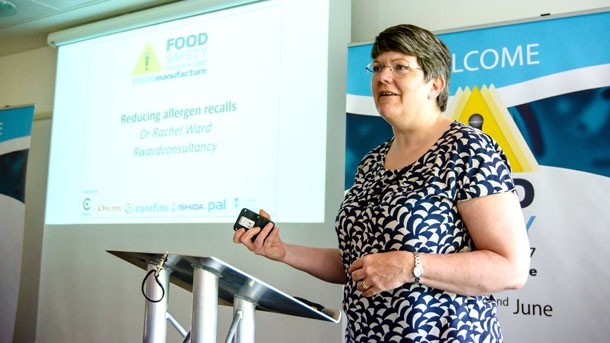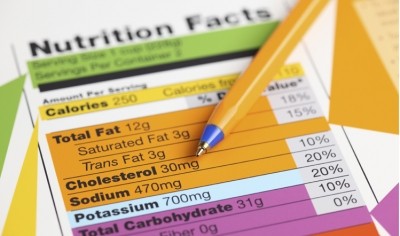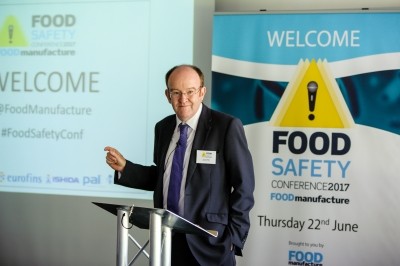Food Safety Conference
Food allergen labelling ‘is still not fit for purpose’

”An incident from a Member State only gets shared with RASFF [the EU’s Rapid Alert System for Food and Feed] if it goes outside of their country territory,” Ward reported to the conference.
The event was chaired by Campden BRI’s director general Steven Walker and sponsored by Checkit, Dycem, eurofins, Ishida, Pal International and Westgate Factory Dividers.
“I know, for example, that the Food Standards Agency numbers for 2016 were 93 incidents that were allergy alerts – that’s not the total number of incidents – in the UK alone,” she reported. Of those, only a handful were shared with RASFF.”
Inconsistency of approach
Allergy management was also one of the concerns most frequently raised by respondents to Food Manufacture’s exclusive food safety survey. A number of respondents complained of inconsistency of approach in the supply chain – both by supermarkets and regulators.
Awareness about the problem of allergen recalls had increased as monitoring had risen across the EU, said Ward. The reasons behind product recalls were varied, but occurred because of undeclared allergens present, she said.
This was because the label was wrong and allergens were not listed on labels; products were not labelled in local EU language; there was trace presence of allergens; or products that claimed to be ‘free-from’ allergens were not, she added.
“Avoidance of the issue of allergens requires clear status information and that is where I think the industry is not doing a fabulous job,” said Ward. “We still have not got labelling right yet and we are not consistent in the way we do our risk assessments and communication.”
Common cause of recalls
The most common cause of recalls were products containing allergens in them being wrongly labelled. “Change is the biggest thing that messes this up,” she claimed. “The paperwork never keeps up with production and there is also a lot of manual transfer of allergen information.”
Ward was also critical of the absence of agreed thresholds or “action levels” for the presence of allergens in foods in the EU, despite the wealth of clinical data that was now available.
“What we haven’t got is the translation of that into acceptable levels of public health by governmental risk managers and that is the step we are missing.”
She laid the blame for this at the door of the European Food Safety Authority, which “had not done what they were asked to do”.


![Portion sizes: ‘A 500g [gluten-free] ready meal could actually have a lot of gluten’](/var/wrbm_gb_food_pharma/storage/images/_aliases/wrbm_medium/1/0/0/3/7363001-1-eng-GB/Allergen-thresholds-needed-for-consumer-reassurance.jpg)












